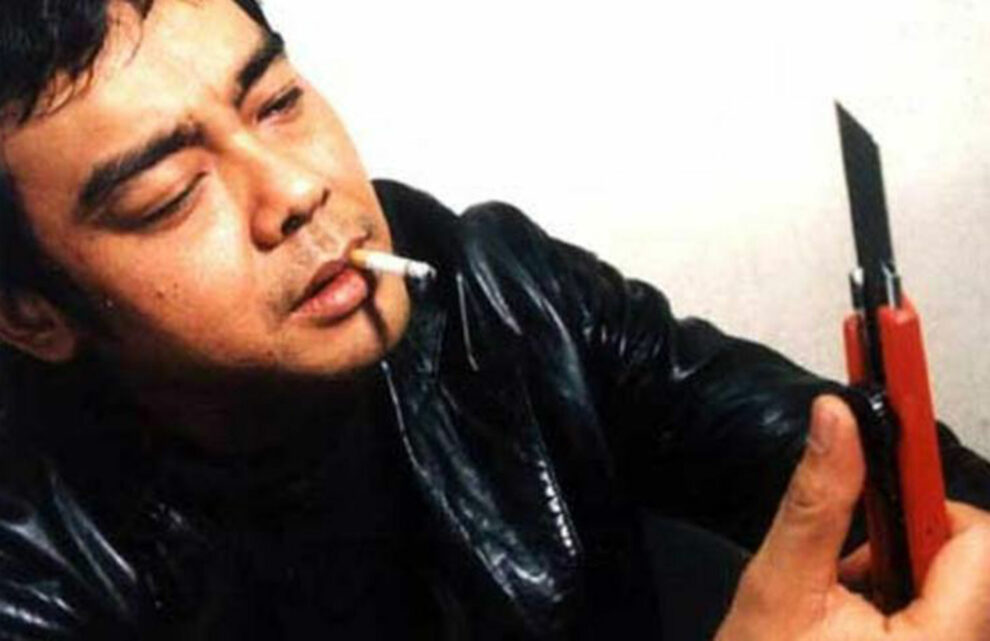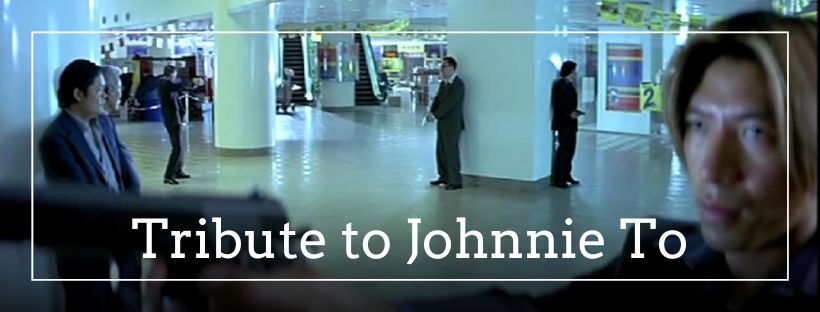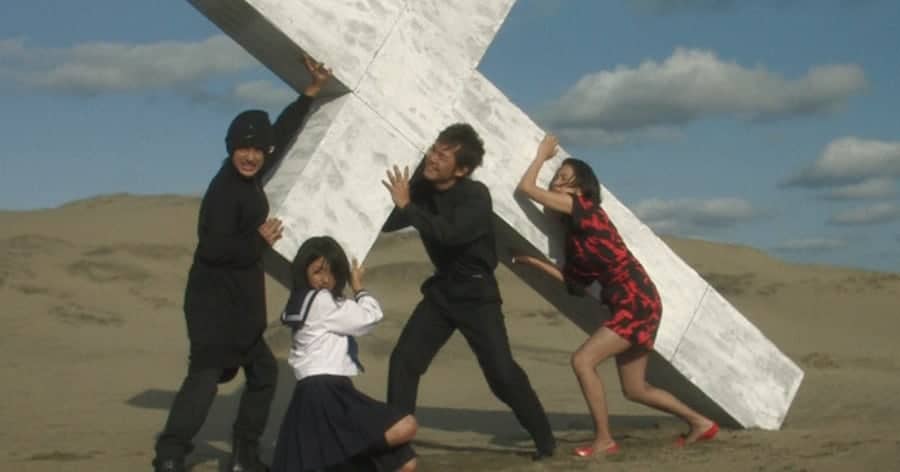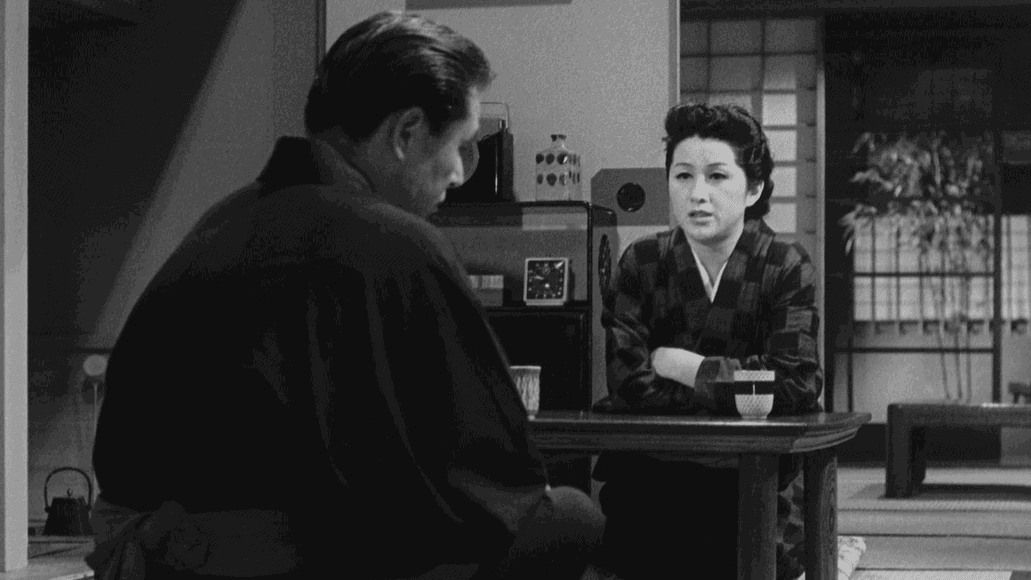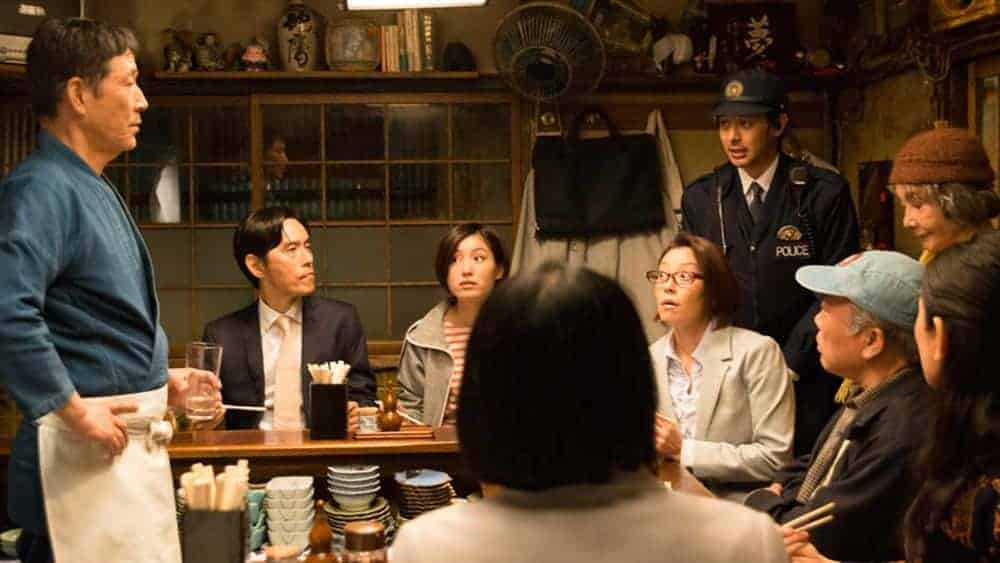Following the canon of “All About Ah-Long”, Johnnie To directed another family drama that is filled with violence and pessimism, although this time, in tamer fashion, particularly due to the extensive (for a Milky Way film) dialogues and some notions of black humor.
Triad boss Michael has just been released from prison and checks into a rundown motel, grandiose-named International Hotel, run by widow June, who also takes care of her young son Tony. Michael shows his colors quite early on, with him fighting with three taxi drivers in an event that bring in the police, until June tells the story as it is and has him released. Michael, who is in search of his ex-wife and the money she owes him, soon starts taking a liking to June, and gradually, the three end up resembling a family. Neither the cabbies, though, nor the police and particularly obsessed officer Karl, are willing to let any of them go, while the financial issues of them soon add even more to the pressure they feel.
Johnnie To tries to combine the family drama with the triad film here, through the cliche concept of the former convict who tries to rehabilitate against all odds, in a way, though, that works well for the most part. One of the main reasons is the antithetical chemistry of the two protagonists, whose demeanor is essentially opposite, as June exhibits a dignified laconicness and Michael a loud-mouth lack of any kind of patience. This antithesis, however, also highlights their common characteristics, as they found themselves in dead-end points in their lives, which are instigated more from the people around them than their own actions. This element benefits the most by the acting, with Lau Ching-Wan presenting a larger than life individual with gusto and Ruby Wong emitting a sense of measure from every scarce word and movement, which makes the moments where she breaks her “routine” even more impactful.
It is also interesting, and quite humorous and entertaining actually, the way Johnnie To frames the villains of the story, with both cabbies and policemen repeatedly presented as truly despicable. The fact that the former starts boycotting June's hotel after the initial incident, and Karl's treatment of Tony paints both in the darkest colors, while deeming the protagonists heroes, despite the fact that Michael is not exactly a saint himself. Probably the funniest, even if rather bittersweet, scene comes when Michael finally convinces June to come on ‘road trip' with him and her son, and brings them into the prison for a tour, since this is the place he knows better in the whole world.
Regarding the action, although scarcer here, still follows To's rules, with it being frantic, rather brutal, and taking no prisoners including women and children, with the majority of the protagonists in the movie receiving their share of punishment on occasion. Lastly, the car chases, of sorts, are impressive once more, with Chan Chi-Wai's editing finding its apogee here. Cheng Siu-Keung's cinematography, once more in a To movie, creates a suffocating, dead-end setting, which is essentially one of the protagonists of the film.
And talking about protagonists, apart from the two aforementioned, Lam Suet as Karl steals the show with his relentless, petty villainy, and the scene he is completely ridiculed.
“Where A Good Man Goes” is not exactly on the same level as To's masterpieces, but is definitely a good film, particularly because it succeeds in getting you invested in the protagonists, while retaining a sense of tension almost throughout.


